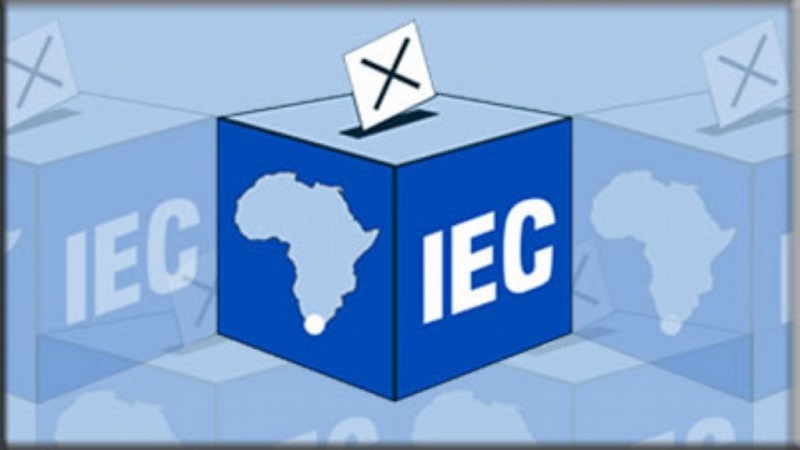In the normal course of elections ballot papers are deposited in ballot boxes where they remain until the last vote has been cast in that particular voting station.
At that point, the Presiding Officer (PO) will announce to everyone that he/she is now formally closing the voting station.
The voting station is rearranged so that counting can take place and it officially becomes a counting station. All counting takes place at the station where the ballots were cast and no voting material is allowed to leave the station while counting is under way.
The first part of the counting takes the form of a reconciliation of all the ballots that were issued to the voting station. The number of ballot papers received has to tally with the number of the used and unused ballot papers.
The reconciliation process includes matching the numbers on the ballot paper counterfoils with the number of ballots that have been taken.
After the reconciliation has been completed, the process of sorting the ballot papers starts with the clearing of a suitable space on a big table.
Sorting should begin with either the provincial or the national ballot boxes. They cannot be done together.
Some people deliberately or mistakenly spoil their ballot papers, so the first part of the counting process is to separate them into valid and spoilt votes.
The next step is to allocate the valid votes to the political parties. This is done as the counting officer holds up each ballot paper and then separates them per party. The ballot papers are put into manageable packs to facilitate counting.
After the provincial ballot boxes have been counted, the process is repeated for the national ballot boxes.
When the national and provincial ballot papers have been counted, the reconciliation process is repeated to make sure that papers were not mislaid during the counting.
After the final reconciliation, all the ballot papers are put back into their respective ballot boxes.
Ballot papers need to be stored for several months after voting day in case a recount is required.
An objection can be raised at a local or a national level.


